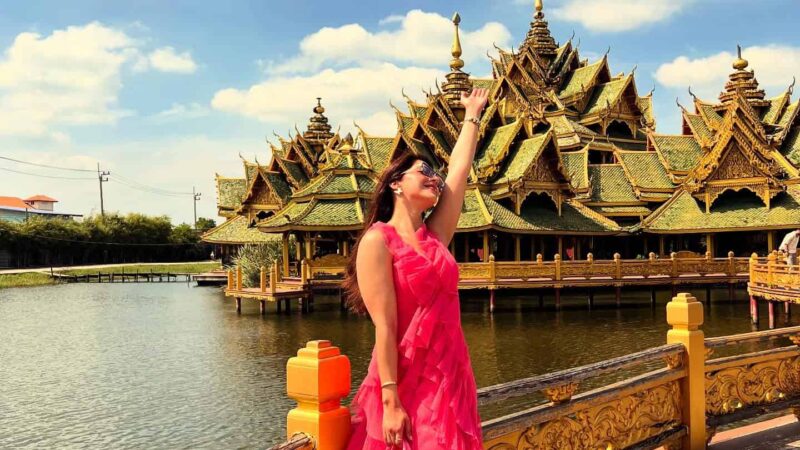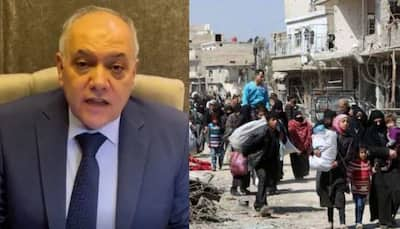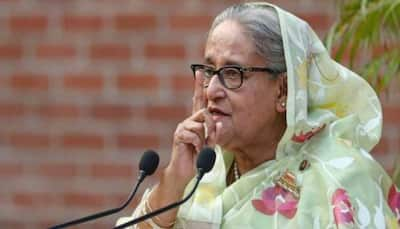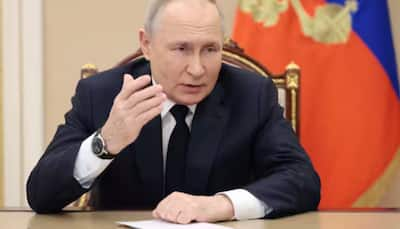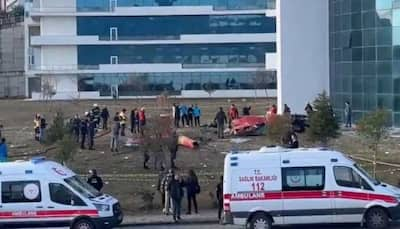Following the departure of former Syrian President Bashar al-Assad, who sought asylum in Russia, Prime Minister Mohammed Ghazi Jalali has pledged to restore stability during Syria’s transitional period.
During an interview with Sky News Arabia, Jalali claimed that “most” cabinet ministers were continuing their work from offices in Damascus despite the ongoing turmoil.
Jalali stated, “We are working so that the transitional period is quick and smooth.” He also revealed that the government is coordinating with rebel forces and expressed openness to meeting Ahmad al-Sharaa, also known as Abu Mohammed al-Jolani, the leader of Hayat Tahrir al-Sham (HTS).
Despite fears of reprisals from armed rebel groups, some government officials have begun adjusting to the new circumstances. Judge Khitam Haddada of the Damascus Court of Justice expressed a commitment to restoring judicial functions. “We want to give everyone their rights. We aim to build a new Syria and adopt new methods,” Haddada stated outside the courthouse.
Many shops and government institutions remained Damascus closed in on Monday. Residents gathered in public squares to celebrate Assad’s departure, while others queued at bakeries and food stores as public transport services were suspended.
Adam Abdelmoula, the United Nations Resident and Humanitarian Coordinator for Syria, noted that the abrupt shift in power has left public services paralyzed. Many government employees, fearing instability, have chosen to stay home.
“This country has been under one government for over five decades. Now, those once vilified by state media are in control of the capital,” Abdelmoula said. He also highlighted delays in medical aid delivery as aviation staff abandoned their posts amidst the uncertainty.
Rebel forces have sought to reassure Damascus residents, with fighters urging citizens to cooperate. A video from the Mezzeh neighborhood featured a rebel stating, “We have no issue with Alawites, Christians, Shiites, or Druze. Everyone must act responsibly, and no one should attempt to harm us.”
The rebel leadership has pledged representative governance and religious tolerance, with an official statement affirming that they would not impose restrictions on women’s dress. “It is strictly forbidden to interfere with women’s clothing or impose requests related to their appearance, including suggestions of modesty,” the group’s General Command announced.
Stay informed on all the , real-time updates, and follow all the important headlines in and on Zee News.

